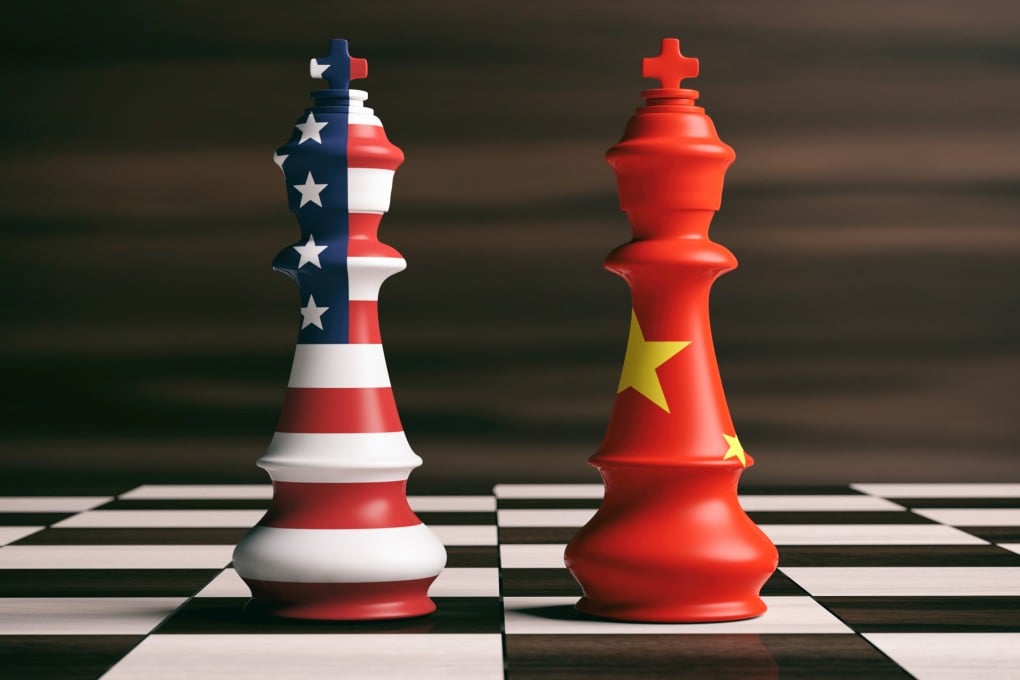Advertisement
China and US headed for long period of ‘struggle’: former diplomat
- An Gang, who spent 18 years in the Chinese foreign ministry, says the window to stabilise relations between Beijing and Washington has closed
- He identifies five areas of risk that could turn into a ‘major disaster’ including Taiwan tensions and hi-tech decoupling
Reading Time:2 minutes
Why you can trust SCMP
99+

A former Chinese diplomat has warned that Beijing has no choice but to brace for a “full-scale struggle” with Washington after the latest downturn in relations.
“There will be no more ‘window period’ for stabilising and improving mutual relations,” said An Gang, who specialised in US affairs during his 18 years with the foreign ministry.
“We have to step up our preparations for a full-scale struggle between China and the United States,” he wrote in an article published on Wednesday on the China-US Focus website.
Advertisement
It is rare for a former Chinese official to refer to China-US relations as a “struggle”. Beijing has always said it opposes using “competition” to define the relationship and criticised “zero-sum game narratives” and what it calls a “cold war mindset”.
An’s article was written in the wake of last month’s balloon incident which prompted the cancellation of US Secretary of State Antony Blinken’s visit to Beijing.
Advertisement
Washington said the balloon’s purpose was surveillance but China has said it was merely a weather device that had gone astray.
Advertisement
Select Voice
Select Speed
1.00x